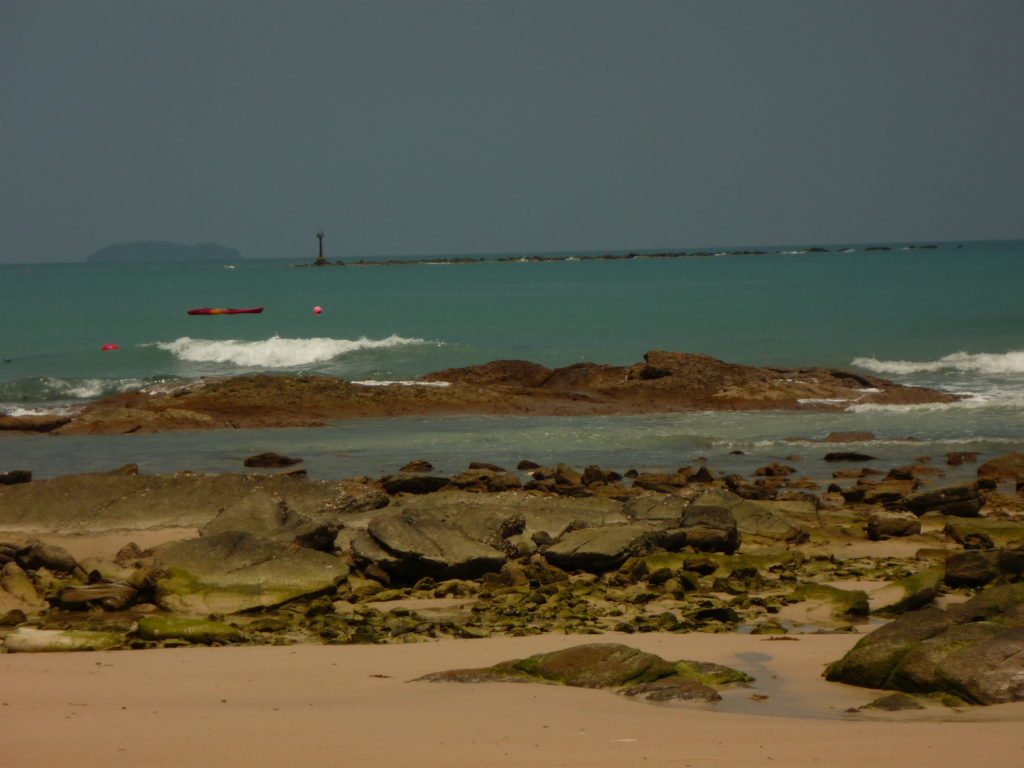Changing how the system works
14 June 2011

Wanun Permpibul
Head, Energy and Climate Change Programme
Renewable Energy Institute of Thailand Foundation
Thailand
I have been doing research with the Sustainability Watch Thailand, a local think tank focusing on the promotion of alternative and renewable sources of energy, and enhancement of action research on community based vulnerability assessment and adaptation aiming at influencing climate policy in Thailand.
Power and transport are the two largest sectors contributing to increasing GHGs in Thailand. High potential sources of alternative and renewable energy are available but they need clear policy framework and supports to utilise these resources effectively. In these areas we have been working through the Power Development Plan, which is the plan directing power generation for Thailand. Together with other civil society organisations, we have prepared the alternative plan where renewable sources of energy as well as energy efficiency and savings are the focus, which also reflect the potentials for Thailand’s mitigation measure on this sector. Additionally, the role and performance in ensuring good governance and promoting renewable sources of energy in the power sector is also investigated and recommendations will be proposed to the government.
With regards to climate impacts, vulnerability and adaptation, we have attempted to combine scientific modeling and forecasts with local observations in order to engage people’s participation in addressing impacts, assessing vulnerability and sectors of vulnerability, and identifying areas where adaptive capacity needs to be strengthened or provided that could lead to long term adaptation. We have applied the livelihood vulnerability index and participatory techniques with communities. Through this, we hope to integrate climate change and adaptation into the local plan and subsequently national policy.
Participating in the climate negotiations would enable and broaden my understanding on the link of climate, both mitigation and adaptation, and sustainable development issues. I do appreciate the South Capacity Building programme of CAN International, enabling me to understand better on the negotiation process, overall picture of climate politics and deepened my knowledge on the adaptation. This would strengthen my capacity to better communicate with the Thai government to get a clear national position towards climate negotiations. Furthermore, the SCB programme has enabled me to better understand how NGOs as a network work effectively and in a powerful manner to influence climate politics, which I could apply to the network in the country.

